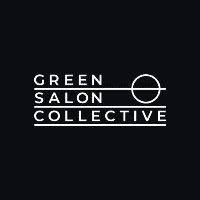
Sustainability tips: 5 ways to be a water-wise beauty business
By Green Salon Collective | 16 May 2025 | Expert Advice, Feature, Sustainability & the Environment
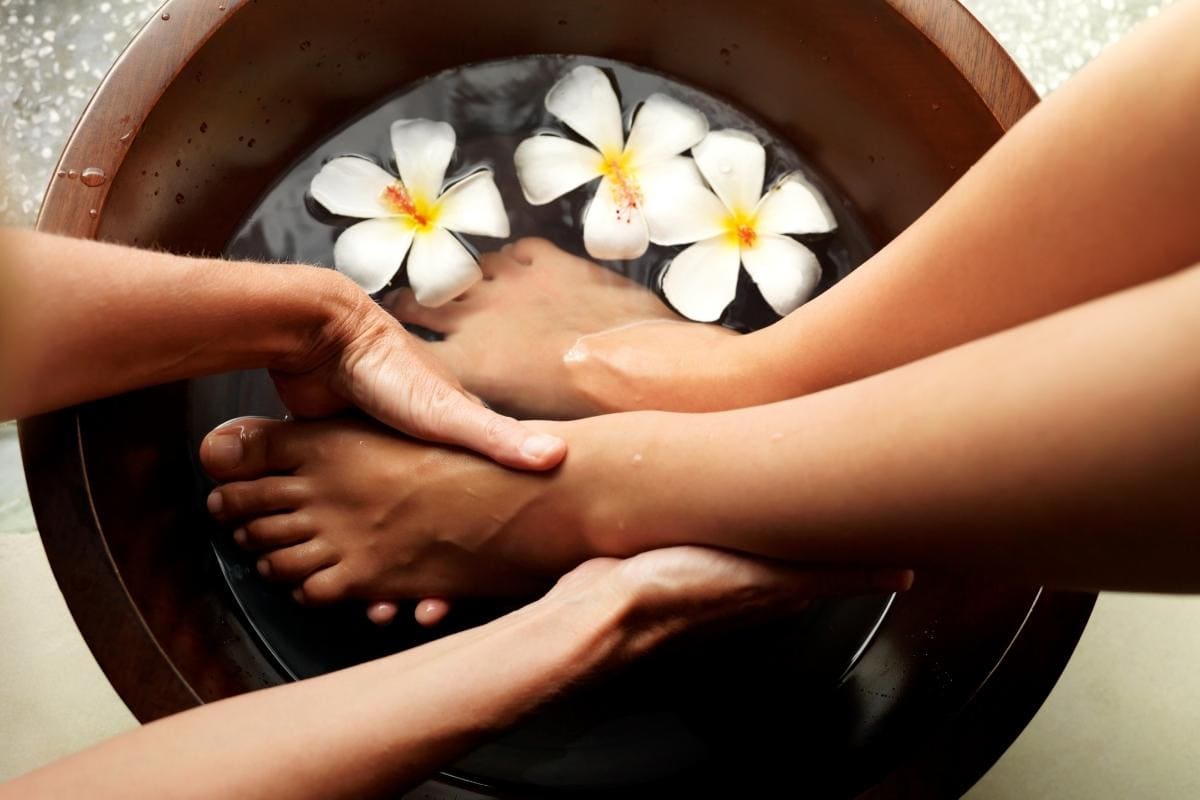
Green Salon Collective explains how you can value and protect water in your beauty business…
The Collective was founded in 2020 by environmental experts, campaigners and beauty professionals, with an aim to help member salons in the UK and Ireland to responsibly dispose of their waste.
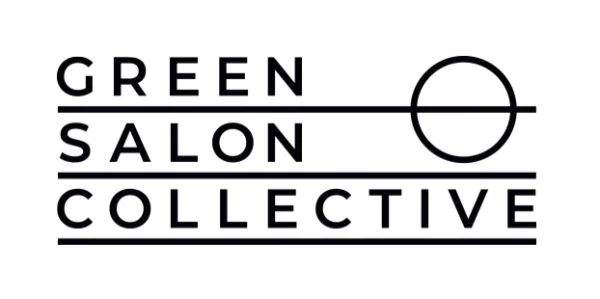
Environmental legislation and policies are changing all the time, especially as they concern water usage and wastewater disposal. Two main reasons for this are freshwater scarcity and pollution. Your business must comply as a minimum, but it is in your best interest to become water smart now and here’s why.
Not only can you reduce operational costs – you may also reduce your carbon footprint and thus your environmental performance: two increasingly important indicators for brand trust and reputation. Additionally, you may not see water as a commodity, but it is a vital resource which is neither infinite nor abundant. Growing worldwide demand for fresh, clean water will most certainly put pressure on your business in some way at some point, so it is key to plan ahead.
1. Educate on the global water crisis
We would argue that the most powerful thing you can do, and that you should do first, is educate yourself and staff about the global water crisis. Explaining it is beyond the scope of this blog, but we highly recommend you watch this explainer video.
Another way to appreciate the water crisis is to understand how much water it takes to make everyday products. A standard cup of coffee, for example, has a water footprint of 130 litres. That is because it takes nearly 20k litres of water to produce a kilo of coffee beans.
Single-use water bottles require water to produce, even if made from recycled plastic. We appreciate that your staff or clients may not be convinced about your tap water, so here are some options to offer them instead of water bottles:
- Offer a filtration system, along with proper recycling for filters.
- Offer a carbonating system for those that prefer bubbly water.
- Install a filtration unit for your entire water system (this will be advantageous for pipes and appliances in businesses with access only to hard water).
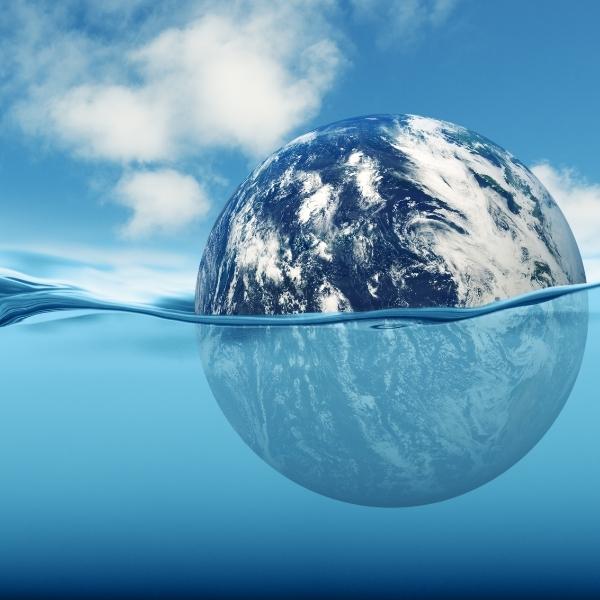
Beyond education, you may choose to set water usage targets and encourage employee involvement to achieve this. Going beyond this, you might decide to have your employees trained in water efficiency, for example through WaterWise online training.
2. Audit & monitor water usage
Your business’ water supplier may offer you an audit to see how efficient your water usage is. Take advantage of such an audit to receive external expert advice.
Whether or not you opt to have a third party assess your water usage, you would do well to monitor your own water usage, as well as waste water generation, in your direct operations. You should also think about water usage and wastewater across your supply chain and the lifecycles of the products you use, produce and sell.
You may choose to track your water usage with regular water meter readings. Be sure to check your meters at night or when no water is being used to find leakages. Also make sure to install water submeters, which will give you an even clearer picture of your business’ water usage and help you to identify potential areas of leakage or inefficient areas.
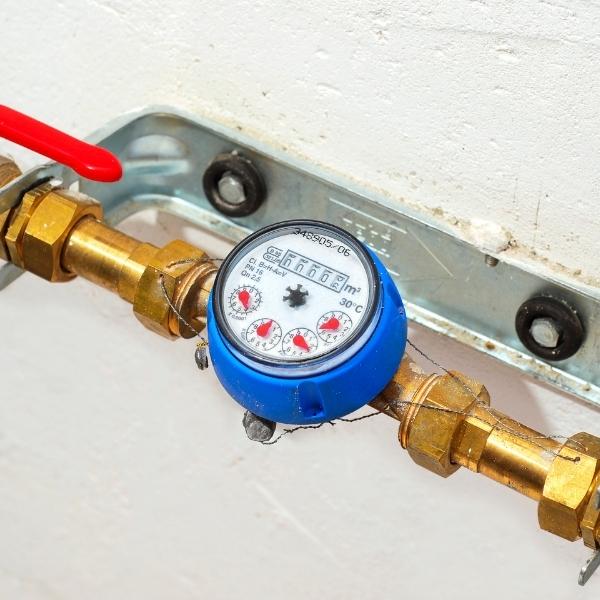
3. Install water-saving devices
For commercial, multi-occupancy buildings, the return on investment for water fittings can be excellent. Some water-saving devices and settings that might be of interest include:
- Urinal controls or waterless urinals.
- Efficient flushing toilets.
- Automatic or sensor taps.
- Spray taps.
- ‘Eco settings’ for appliances like washing machines and dishwashers.
- Insulated pipes (to prevent burst pipes from frost, which result in water leakage).
4. Recycle wastewater
Determine where your wasted water is going and if or how you can recycle it in other areas of your business. You may choose to research water recycling schemes, sometimes referred to as grey water systems. These are often more viable in business settings than domestic settings, and will have greater impact due to the scale of water usage.
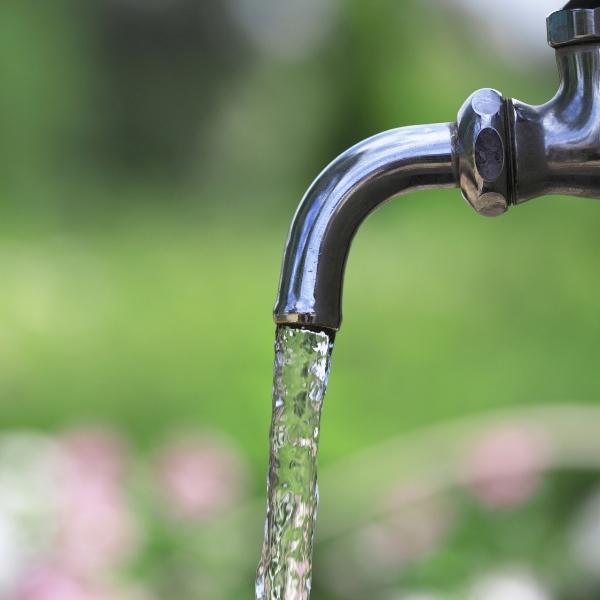
5. Capture rainwater
You may be able to benefit from another source of ‘free’ water: rain. Rain barrels can collect enough rainwater as needed for green spaces, such as a small garden you may have as a home salon, or perhaps indoor plants or plants in your car park.
Visit Green Salon Collective’s website, Facebook and Instagram accounts to learn about the solutions it offers for your beauty business.
Written by Stephanie Hodgson, head of Green Salon Collective’s Research and Development department, in March 2022.

Read the latest issue








